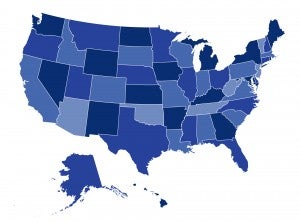Searching for a New Normal: How Expiration of the Federal Public Health Emergency Impacts Access to Health Care Services

After more than three years, the federal COVID-19 public health emergency (PHE) is set to expire on May 11, 2023. Once the PHE designation is lifted, a number of federal policies intended to help the U.S. health care system adapt to the pandemic will also expire. CHIR’s Emma Walsh-Alker reviews selected policies tied to the PHE and evaluates how the impending expiration will impact consumers’ access to services.





